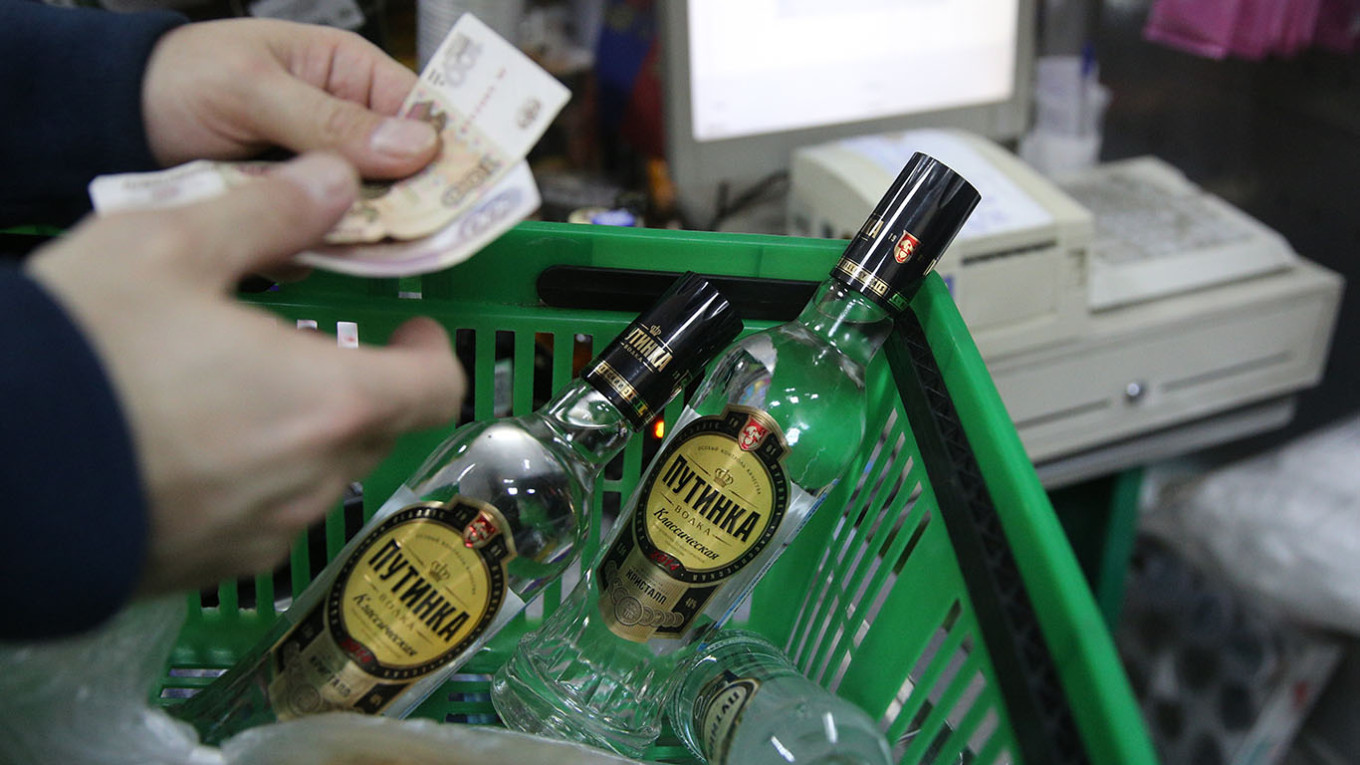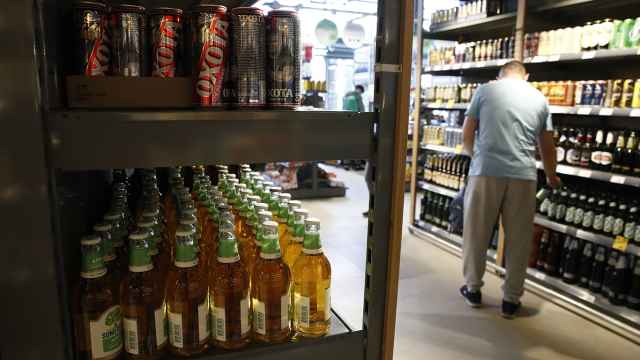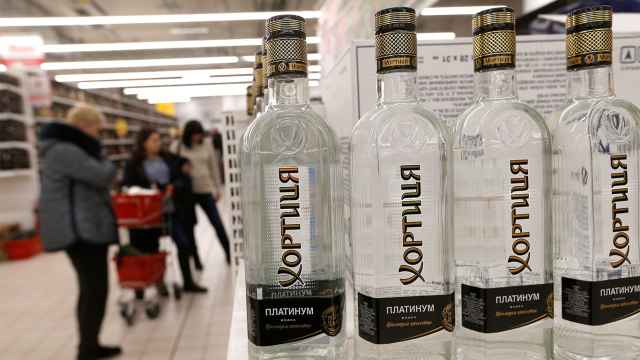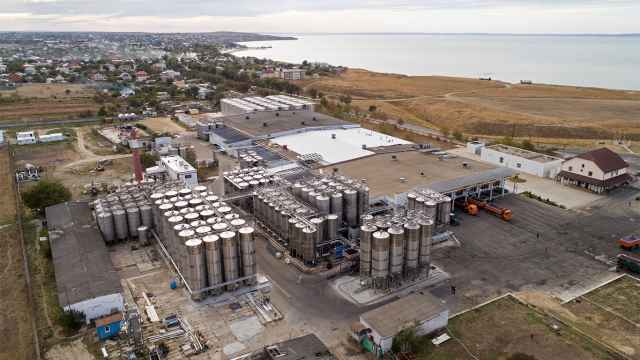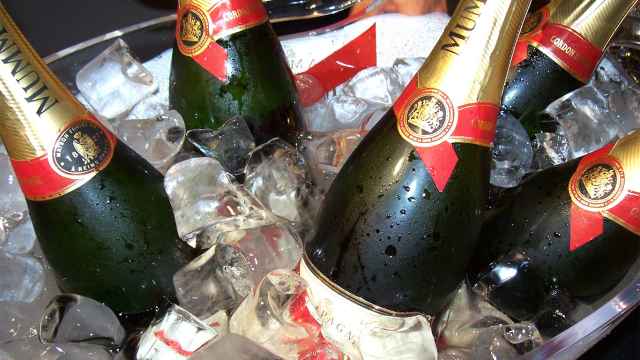Retail sales of medications used to treat alcohol dependence in Russia rose sharply in the first half of 2025, as the country contends with an uptick in drinking and growing concerns over patient privacy.
Russians purchased 553,200 packages of anti-alcohol drugs from January through June, a 13.5% increase compared to the same period last year, according to data from the analytics firm RNC Pharma published Friday by the Vedomosti business daily.
Revenue from those sales jumped nearly 38% year-over-year, reaching 539.6 million rubles ($5.8 million).
The surge follows an earlier annual total of 1 million packages sold in 2024, with sales amounting to 878.1 million rubles ($11.1 million).
Rigla, one of the country’s largest pharmacy chains, said sales of anti-alcohol medications exceeded 44 million rubles ($555,000) in the first six months of the year, a 48% jump from the same period in 2024. The chain said sales volume also rose by nearly 29%.
Zdravcity, another pharmacy chain, reported a 53% rise in sales and a 32% increase in the number of packages sold, though it declined to disclose specific figures.
Nikolai Bespalov, executive director at RNC Pharma, told Vedomosti that the figures reflect a growing willingness among Russians to seek pharmaceutical help for alcohol dependence.
That shift appears to be driven partly by economic pressures and partly by concerns over state surveillance of mental health data.
According to Alexandra Panova, a psychiatrist and addiction specialist at UNI Clinic, many patients are turning to medication as a lower-cost alternative to full addiction treatment programs.
She told Vedomosti that new regulations taking effect next year will expand Russia’s state healthcare information system to include data on patients with mental and behavioral disorders, including alcohol-related conditions.
The change, scheduled for March 1, 2026, has prompted concern among patients who fear that a formal diagnosis could affect their employment or access to social services, Panova said.
The rise in anti-alcohol drug sales comes amid fresh signs that alcohol consumption in Russia is increasing after several years of decline.
Government data from the Health Ministry’s Central Research Institute show per-capita consumption hit 8.41 liters in March, up 2.4% from 8.21 liters the year before.
Sales of strong alcohol excluding vodka climbed 10.2% in 2024, reaching 3.2 liters per capita, the highest figure recorded since 2017.
A Message from The Moscow Times:
Dear readers,
We are facing unprecedented challenges. Russia's Prosecutor General's Office has designated The Moscow Times as an "undesirable" organization, criminalizing our work and putting our staff at risk of prosecution. This follows our earlier unjust labeling as a "foreign agent."
These actions are direct attempts to silence independent journalism in Russia. The authorities claim our work "discredits the decisions of the Russian leadership." We see things differently: we strive to provide accurate, unbiased reporting on Russia.
We, the journalists of The Moscow Times, refuse to be silenced. But to continue our work, we need your help.
Your support, no matter how small, makes a world of difference. If you can, please support us monthly starting from just $2. It's quick to set up, and every contribution makes a significant impact.
By supporting The Moscow Times, you're defending open, independent journalism in the face of repression. Thank you for standing with us.
Remind me later.


